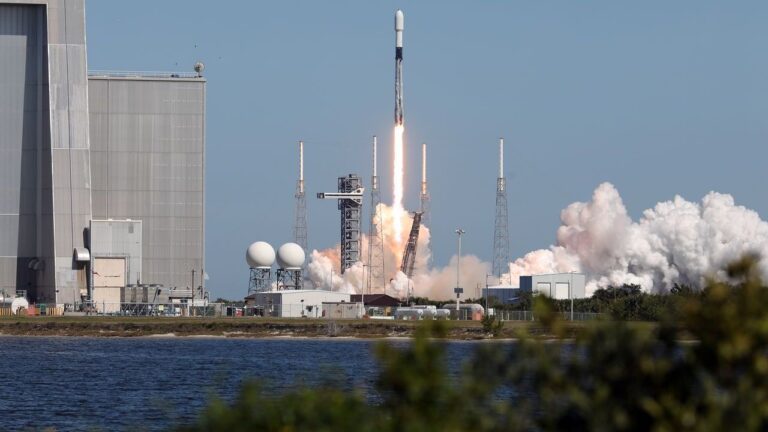
A newly released report from top U.S. defense and industry experts is raising alarms about the country’s diminishing leadership in the rapidly evolving space sector. The State of the Space Industrial Base 2024 report, developed by NewSpace Nexus in partnership with the U.S. Space Force, the Air Force Research Laboratory, and the Defense Innovation Unit, warns that bureaucratic obstacles and a lack of cohesive strategy are undermining America’s long-term prospects in space.
The study points to institutional fragmentation and outdated regulations as key barriers stalling progress, despite the remarkable achievements of U.S. commercial space companies in areas like lunar missions and orbital manufacturing. “The greatest risk is not technological failure but institutional incoherence,” the report states, emphasizing that America’s challenges are rooted in governance rather than innovation.
Meanwhile, China has made swift advances in multiple space domains, including reusable rockets, satellite networks, space-based solar power, and counterspace capabilities. These developments, the report notes, pose a growing threat to critical U.S. space infrastructure.
To regain momentum, the authors urge immediate national action. “The U.S. must act with urgency to lead the next space age, shape the rules of the domain, and ensure that the largest geographic zone of human activity reflects American values and interests,” the report says.
This call for a unified national space strategy echoes similar warnings from think tanks and policy groups over recent years. But the report takes particular aim at regulatory shortcomings. As commercial ventures expand into uncharted areas like orbital debris removal and cislunar operations, outdated legal frameworks offer little guidance or oversight, leaving these activities in a legal gray zone. This uncertainty, analysts warn, discourages investment and gives foreign competitors room to leap ahead.
Coordination among U.S. agencies is also cited as a major weakness. With different departments releasing their own space plans without a central authority to harmonize efforts, initiatives risk becoming fragmented or redundant. The report recommends establishing a lead agency or national space coordinator to unify efforts and drive implementation.
Finally, the report criticizes the government for failing to provide clear signals about future space technology needs. This lack of direction dampens investor confidence and slows industry growth. Without strong demand from federal partners, the private sector struggles to chart a course, further hindering American leadership in a domain that could shape global power dynamics for decades.
The report paints a clear message: innovation alone isn’t enough. Without institutional reform, strategic focus, and decisive leadership, the U.S. risks falling behind in the new space race.






